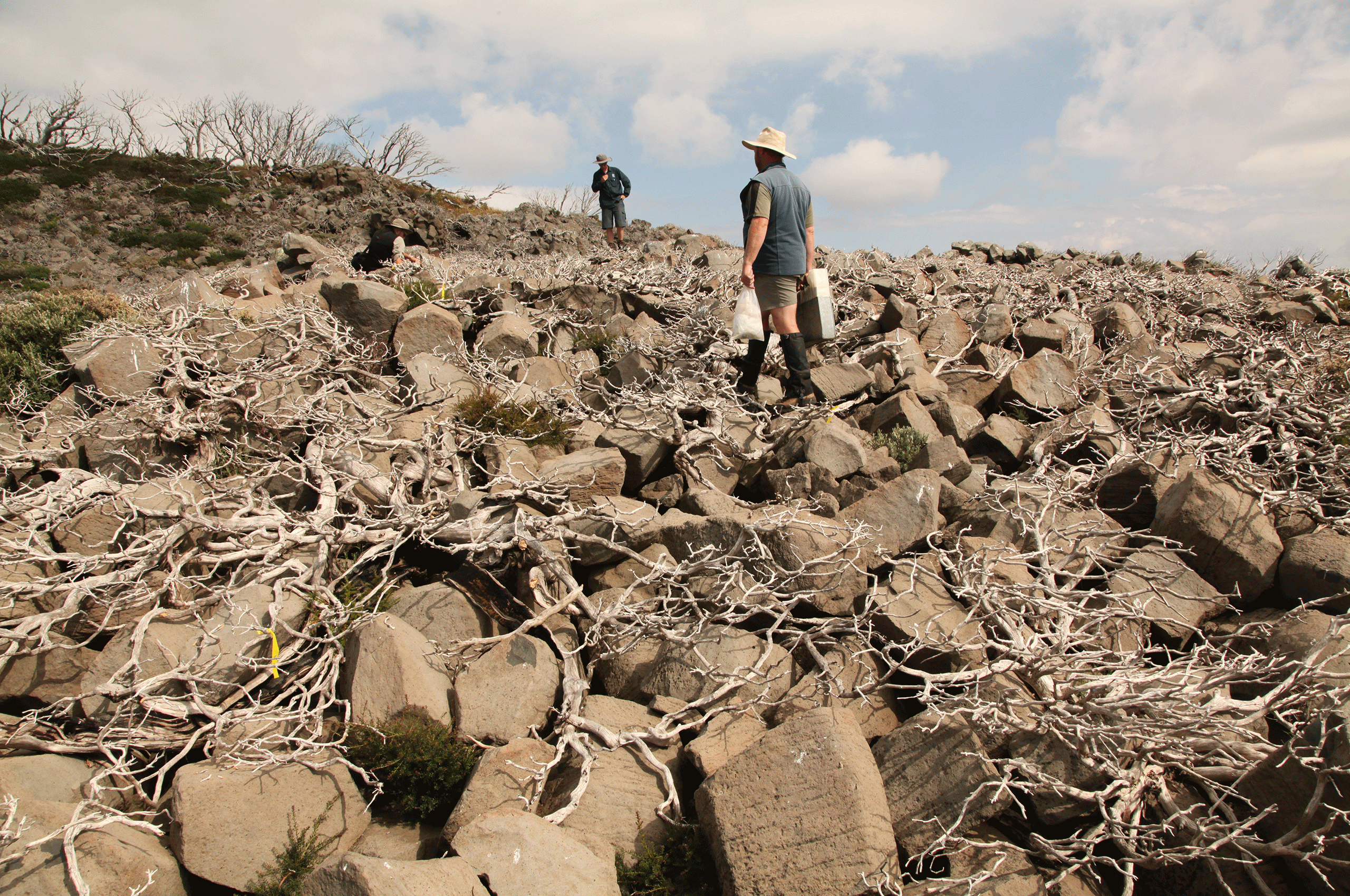
Building climate resilience
Increasingly extreme weather is reshaping life in Australia. The 2019–2020 fires were Australia’s most catastrophic – scorching vast landscapes and displacing nearly three billion animals (WWF 2020).
As bushfires grow more intense and unpredictable, urgent action is needed to avoid damaging our valuable ecosystems and increasing the threat to human life. La Trobe’s Bushfire Recovery initiative is shaping how Australia recovers and adapts.
La Trobe’s Bushfire Recovery Initiative
The Protecting Australia’s Environment for Future Generations: Bushfire Recovery initiative is a comprehensive program aimed at supporting the recovery and rehabilitation of Australia's environment after bushfire.
Led by an interdisciplinary team of experts in biodiversity, conservation and ecological restoration – this game-changing program will focus on the following elements:
- Ecosystem restoration: rehabilitating fire-affected landscapes, including native planting and soil regeneration efforts.
- Training, research and planning: investment in undergraduate and postgraduate training programs, research and innovative solutions to mitigate the impacts of bushfires and to prepare local communities.
- Wildlife protection and recovery: including habitat restoration, and the establishment of safe corridors for wildlife movement.
- Community engagement and support: ensuring communities affected by bushfires have the resources to rebuild and improve their resilience.
Solutions backed by science
These bold, science-based solutions are developed in partnership with impacted communities – particularly in rural and regional Australia. The University’s team works closely with local stakeholders, including farmers, Indigenous groups, and government agencies, ensuring that recovery strategies are not only scientifically sound but also locally appropriate and culturally sensitive.
This represents a game-changing shift in how we coexist with fire – integrating science, culture and community to safeguard Australia’s ecological future and preserve our natural heritage.
